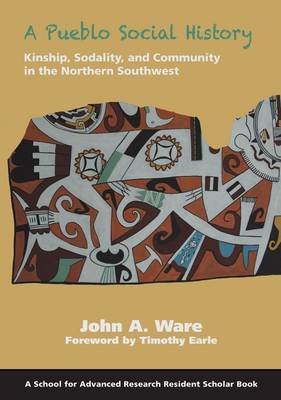In A Pueblo Social History, John Ware challenges modern anthropologists to break down the walls between archaeology and ethnography in order to obtain a more complete understanding of Pueblo prehistory in the American Southwest. This book stands or falls on two arguments. The first is Pueblo ethnographies by early scholars - including Cushing, Bandelier, and Fewkes who were simultaneously ethnographers and archaeologists and therefore incorporated origin stories, migration narratives, and other oral traditions along with lines of evidence such as artifacts and architecture - are more than speculative analogies. Pueblo ethnographies are end points on trajectories that preserve important information about the contingent histories of Pueblo social practises and institutions. Ware argues that archaeologists and other historical scholars need to put aside their biases and become, once again, serious students of the historical ethnographies. The second argument is that a solid understanding of kinship theory is required to understand social practises in Pueblo prehistory. Ware claims that modern Southwestern archaeologists have gone the other way, convincing themselves that answers to kinship questions cannot be derived from the material data of deep prehistory. A Pueblo Social History does not pretend to offer a comprehensive map for the change in approach but rather seeks to provoke much-needed discussion.
- ISBN13 9781938645105
- Publish Date 18 March 2014
- Publish Status Active
- Publish Country US
- Imprint SAR Press
- Format Paperback
- Pages 266
- Language English
